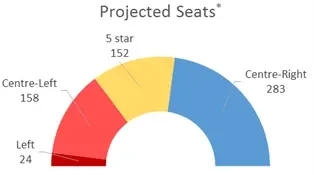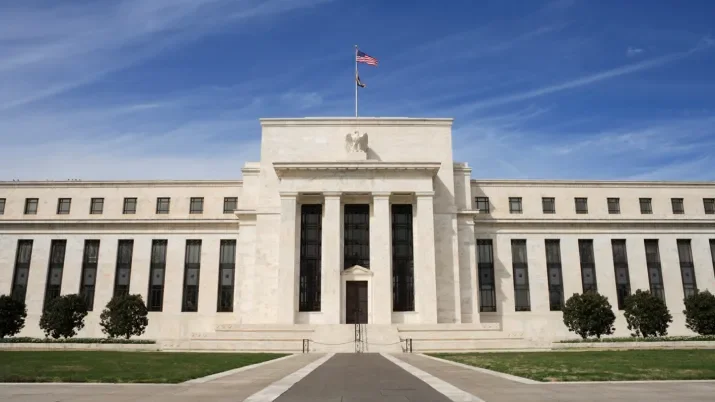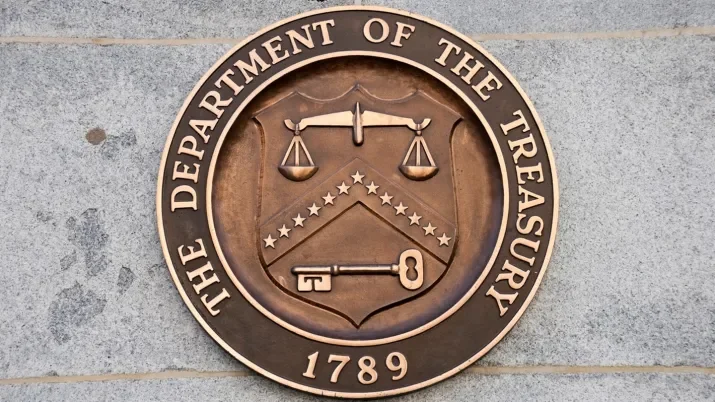Which foot will the Italians’ political boot end up on?
Last Friday saw the publication of the last electoral poll before the Italian elections that will be held on the 4th of March. The picture it paints is one of a number of open scenarios, with as many as 30-40% of voters still undecided.
The centre-left coalition currently in power, led by former PM Renzi, looks doomed to follow in the footsteps of the socialist parties of France and Germany, with their share of the vote projected to reach just 29% – far from the 40% required to form a government.

*out of 617. Seats in the lower house per coalition excluding seats reserved to minorities and expats
So who is going to be leading the 4th, and soon (post-Brexit) to be 3rd, largest country by GDP in the EU?
There is a high likelihood that none of the coalitions currently vying for power will win enough seats to form a stable government, making a hung parliament most probable. In which case, either a transitional government such as as the one currently in charge could be formed or possibly two very different parties could find a middle ground. Theoretically, the centre-left could join forces with the right or, more radically, the Five Star Movement could find support from the far right parties.
It is difficult to know whether these outcomes are realistic possibilities, as voters on both sides are not likely to be overly happy with either of these two options.
Another scenario, that might have been underestimated by most, is an outright win by the centre-right. In the polls they are just a couple of percentage points away from being able to reach an absolute majority of seats. The combined attraction of former PM Silvio Berlusconi and the anti-immigration League party might get them just over the line given the number of voters that are still undecided, especially in the south. Moreover, the close competition within the right-wing coalition might be the major source of surprise in these elections. Berlusconi’s party and Salvini’s xenophobic League are neck and neck in polls, and if the latter turns out to be the largest party in the coalition, Italy could turn out to be the biggest, modern day western country to elect an extreme-right prime minister.
Whilst there might be some volatility once the results are announced, especially in case of a triumph of the League, the more likely outcomes mean there should really not be much to get overly excited about in this round of elections. Our base case is for a grand-coalition government without a big personality in the driving seat, carrying forward the same basic policy stance from the last couple of years, and reducing the likelihood of constitutional, meaningful economic or labour reforms. This suggests the elections will have little short-term impact on credit markets, but might mean an even worse long term output level for the country’s productivity.
Depending on how long it takes to form a government (and whilst we’re talking about boots – the Italians are normally passionate about football) this might also prove entertaining enough to take their minds off a FIFA World Cup without them.



